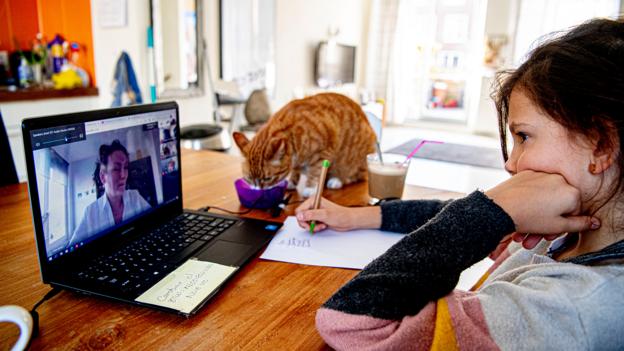Video chat is helping us stay employed and connected. But what makes it so tiring – and how can we reduce ‘Zoom fatigue’?
Many of us have suspected that videoconferencing is stressful. I tend to blame the stress of poor audio as my hearing isn’t what it used to be. His a story from the BBC on The reason Zoom calls drain your energy. There are a number of factors:
- The newness of this way of interacting
- The heightened focus needed to deal with missing non-verbal cues.
- Heightened focus needed to deal with poor audio.
- Need to moderate larger groups so people don’t try to talk at the same time
- Audio delays change responsiveness
- Stress and time around technical problems.
- Silences don’t work the way they do in f2f. They can indicate malfunction.
- Being on camera and having to be performative
- Lack of separation of home and work
- Lack of transition times between meetings (no time to even get up and meet your next appointment at the door)
I hadn’t thought of the role of silence in regular conversations and how we can’t depend on that rhetorically any longer. No dramatic silences any more.
